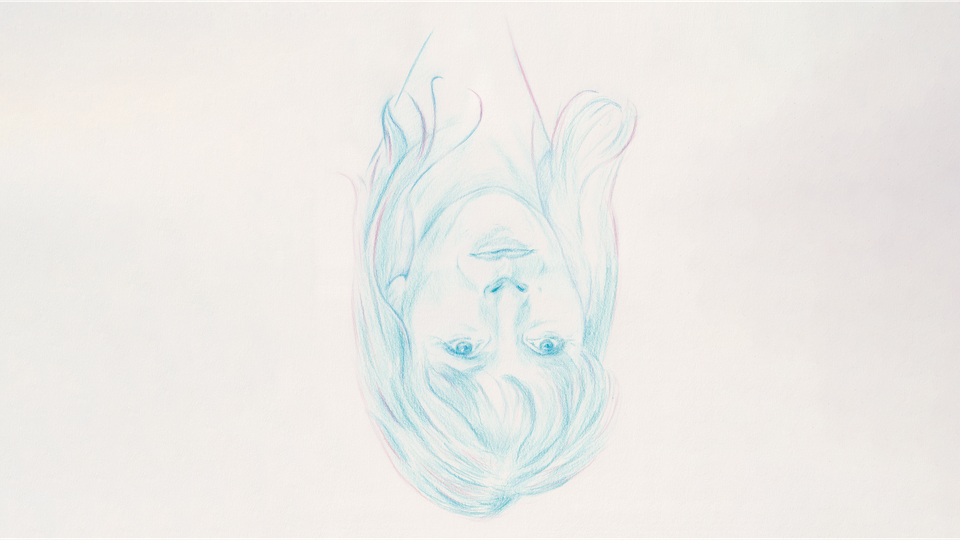
2024-06-14 2463词 晦涩
Whether or not the typology of hoarder and cleaner is useful in general, it has licensed Cusk to push her style toward ever greater spareness. For the past decade, since 2014’s Outline, Cusk has been clearing a path unlike any other in English-language fiction, one that seems to follow a rigorous internal logic about the confinements of genre and gender alike. That logic, now her signature, has been one of purgation. The trilogy that Outline inaugurated (followed by Transit and Kudos) scrubbed away plot to foreground pitiless observation of how we represent, justify, and unwittingly betray ourselves to others. Each of these lauded novels is a gallery of human types in which the writer-narrator, Faye, wanders; finding herself the recipient of other people’s talkative unburdening, she simply notices—a noticing that, in its acuity and gift for condensed expression, is anything but simple. Cusk’s follow-up, 2021’s Second Place, is a psychodrama about artistic production that sacrifices realistic world making for the starkness of fable.
免责声明:本文来自网络公开资料,仅供学习交流,其观点和倾向不代表本站立场。